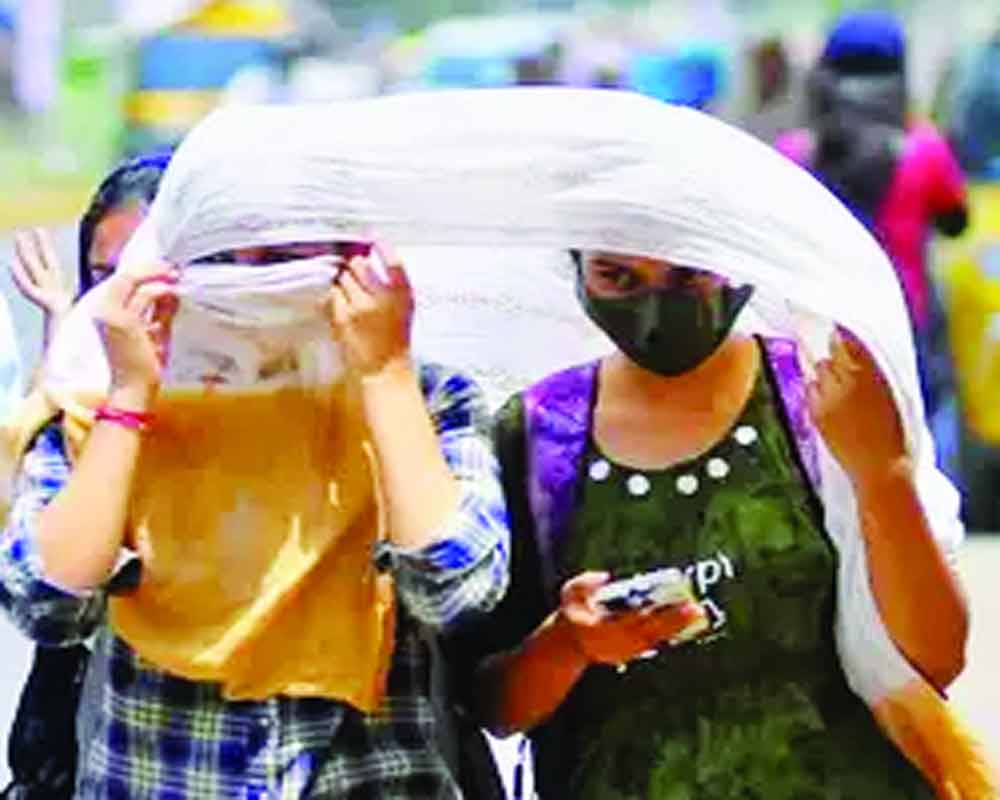The ongoing heat and water crisis across north India is claiming lives, and there is no relief in sight
A serious heat and water catastrophe that has already claimed lives and is threatening many more is plaguing the northern parts of India, including the Capital. An unfavorable weather pattern marked by extreme heatwaves and weak rainfall is making it worse. For millions of people, the situation is getting unbearable as temperatures rise and water supply becomes scarce. North India is experiencing one of the worst heatwaves in recorded history. Many locations have regularly seen temperatures above 45 degrees Celsius, with some recording considerably greater values. Many occurrences of heatstroke, dehydration and other heat-related ailments have been reported. There is an increased danger for vulnerable groups, especially for youngsters and the elderly. The number of people enduring the heat in hospitals is overwhelming, and the availability of healthcare resources is limited. Compounding these problems, the monsoon season has started abnormally slowly. Rain, which usually provides much-needed relief, has been irregular and delayed. There are serious ramifications for both urban and rural communities from this delay. The lack of rain in cities like Delhi makes the heat unpleasant and living conditions nearly intolerable. The delayed monsoon in rural areas is disastrous for agriculture as it greatly depends on timely rainfall. Food security and livelihoods are expected to be threatened by crop failures and lower yields. There is severe water deficiency in northern India as a result of the heatwave and delayed monsoon. The levels of major rivers and reservoirs are perilously low, and groundwater has fallen.
Delhi's water supply is significantly impacted by the historically low levels of the Yamuna river; in fact, some areas get water for only a few hours a day. Concerns over waterborne illnesses have been raised, which has led to disputes over access to water and forced many people to rely on contaminated sources. Water rationing, the establishment of cooling facilities and the distribution of drinking water to communities badly impacted by the problem are just a few of the steps the administration has taken. However, because of the situation's seriousness, these actions have not seen much success. Long-term fixes are necessary to preempt disasters. This entails making investments in infrastructure for water conservation, such as effective irrigation systems and rainwater collection, as well as encouraging the groundwater resources to be used sustainably. To counter the urban heat island effect, green spaces and cooling strategies must be included in urban planning. Furthermore, raising people's knowledge of climate change and its effects helps promote a resilient culture. Millions of people are starkly reminded of their vulnerability in the face of climate change by the heat and water crises in north India. The people of this country continue to be its greatest strength as it fights this humanitarian and environmental crisis.


























